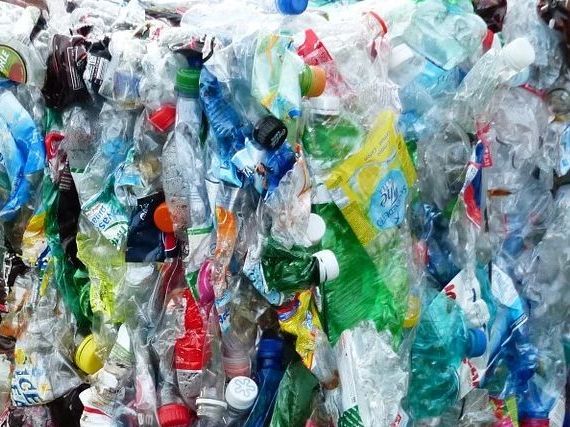BASF and Security Matters collaborate to accelerate progress towards a circular economy for plastics
Create new value for plastics to tackle global challenge
Advertisement
Security Matters, Ltd and BASF sign a binding joint development agreement to develop solutions for plastics traceability and circularity. Plastics, with unique characteristics and when used properly, contribute to a more sustainable and resource efficient future. However, to move towards a circular economy, more plastic waste needs to be recovered and reused. Though there is great progress towards chemical recycling, the more common method is to mechanically recycle plastic. Currently, recycled plastic loses its mechanical performance properties and quality compared to virgin plastic due to polymer degradation and residual impurities. The recycling infrastructure is also expensive and complicated, and simply does not exist in many parts of the world.

Symbolic image
Hans, pixabay.com, CC0
In their cooperation, Security Matters and BASF aim to offer a solution for this. Security Matters will contribute its technology to enable physical and digital tracking of closed loop recycling, authenticate sustainability claims and improve sorting of plastic waste. The partnership leverages BASF’s extensive experience in plastic additives, regulatory know-how, and understanding of the plastics value chain. Both companies will also combine their research & development capabilities and required resources as part of the agreement.
Security Matters will provide its track and trace solution that marks physical objects with a unique and unalterable chemical-based barcode and connects them to a digital twin. The barcode withstands manufacturing and recycling processes, without altering the appearance or performance of the object. Using proprietary technology, the barcode captures a wide variety of information embedded in the plastic and can be used for closing the plastic loop.
Most read news
Other news from the department business & finance

Get the chemical industry in your inbox
By submitting this form you agree that LUMITOS AG will send you the newsletter(s) selected above by email. Your data will not be passed on to third parties. Your data will be stored and processed in accordance with our data protection regulations. LUMITOS may contact you by email for the purpose of advertising or market and opinion surveys. You can revoke your consent at any time without giving reasons to LUMITOS AG, Ernst-Augustin-Str. 2, 12489 Berlin, Germany or by e-mail at revoke@lumitos.com with effect for the future. In addition, each email contains a link to unsubscribe from the corresponding newsletter.




















































